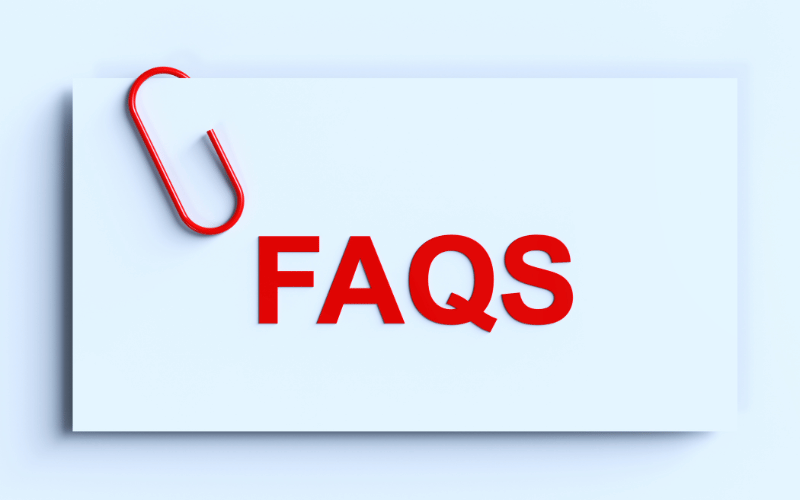Frequently Asked Questions about Crohn’s Disease in Women

1. How does Crohn’s disease specifically affect women differently than men?
Women with Crohn’s disease might experience unique challenges due to the interplay between the disease and their reproductive health. For instance, some women notice a flare-up of symptoms around their menstrual cycle. Additionally, Crohn’s can impact fertility and may pose certain considerations during pregnancy and breastfeeding.
2. Can Crohn’s disease impact a woman’s ability to have children?
While many women with Crohn’s disease can conceive and have healthy pregnancies, there can be complications. Active Crohn’s disease might reduce fertility. However, once the disease is in remission, fertility rates tend to return to normal. It’s essential to consult with both a gastroenterologist and an obstetrician when planning a pregnancy.
3. Are there specific treatments for Crohn’s disease symptoms in women?
The core treatments for Crohn’s are generally consistent between genders. However, women might require additional care or adjustments to their treatment due to factors like menstruation, pregnancy, or bone density concerns, especially if on long-term corticosteroids.
4. Can birth control pills exacerbate Crohn’s symptoms in women?
Some studies suggest a potential link between oral contraceptives and an increased risk of developing Crohn’s or exacerbating its symptoms. However, the evidence isn’t conclusive. It’s crucial for women to discuss birth control options with their healthcare provider to determine the best choice for their situation.
5. Do hormone changes during menopause affect Crohn’s disease?
Menopause can bring about a variety of changes in a woman’s body due to shifting hormone levels. Some women report a change in their Crohn’s symptoms during menopause, either an increase in flare-ups or, in some cases, a reduction in symptoms. As with other life stages, communication with healthcare providers during menopause is essential for optimal symptom management.
Conclusion: Reflecting on the Unique Challenges for Women with Crohn’s Disease
Crohn’s disease, a chronic and often debilitating condition, poses a myriad of challenges for those afflicted. For women, these challenges are multifaceted, given the intertwining of the disease’s symptoms with the distinct phases of a woman’s life, from menstruation to menopause. The journey through Crohn’s is accentuated by concerns related to reproductive health, hormonal shifts, and even societal expectations surrounding femininity and motherhood. Recognizing these unique symptoms and nuances is the first step towards tailored care and effective symptom management.
Yet, as daunting as these obstacles might seem, there’s an ever-growing repository of knowledge, resources, and supportive communities dedicated to assisting women navigate the intricacies of Crohn’s. By understanding the specific symptoms women face, from menstrual irregularities to unique skin manifestations, both medical professionals and patients are better equipped to chart a course towards holistic well-being. Embracing the collective knowledge, fostering open communication with healthcare providers, and leaning on community support can transform the way women with Crohn’s experience and manage their condition.